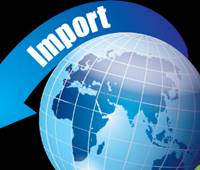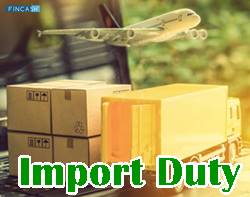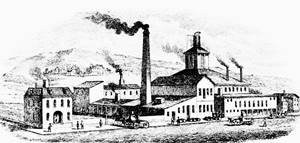
Table of Contents
Import Substitution Industrialization
What is Import Substitution Industrialization?
Import Substitution Industrialization is one of the theories of economies, which is followed by emerging Market countries or developing nations that look forward to decreasing their reliability on developed nations.

This approach targets the incubation and safety of newly created domestic industries to completely develop sectors to make the produced goods competitive with the ones that are imported. Under this theory, the process helps local economies and their countries become self-reliant.
Import Substitute Industrialization is about the development of economic policies of the 20th century. But the theory has been supported since the 18th century and was advocated by some of the great economists, including Friedrich List and Alexander Hamilton.
Initially, this policy was implemented in the countries of the global south, such as Africa, Latin America, and some parts of Asia. Here, the intention was to create self-sufficiency by developing the internal market within every country.
The ISI policy’s success was simplified by subsidizing significant industries like agriculture, power generation; reassuring nationalization and protecting trade policies. Nonetheless, developing nations gradually started rejecting these policies between the period of 1980s – 1990s, after the increase of global market-driven liberalization.
Explaining Import Substitution Industrialization
The primary objective of this theory is to safeguard, strengthen and develop local industries with different tactics and strategies, including subsidized government loans, import quotas, and tariffs. Countries that implement such a theory try to enhance production channels for every phase of the product’s Manufacturing.
ISI runs directly against the comparative advantage notion that comes into the picture when countries specialize in manufacturing products at lower opportunity costs and then export the same. ISI theory is basically based on a specific group of developmental policies.
The foundation of ISI comprises the infant Industry argument, the Keynesian Economics and the Singer-Prebisch thesis. From these perceptions, a group of strategies can easily be derived, such as lack of backing for direct foreign investment, an overvalued currency that supports manufacturers for importing products, barriers to tariffs and trades, and an industrial policy that organizes and subsidizes the strategic production of substitutes.
A structuralist economics school is intertwined with and related to ISI. Conceptualized by idealistic financial professionals and economists like Octavio Paz, Celso Furtado, and Hans Singer; this school concentrates on the vitality of taking structural features of a nation into account for economic analysis.
Talk to our investment specialist
All efforts have been made to ensure the information provided here is accurate. However, no guarantees are made regarding correctness of data. Please verify with scheme information document before making any investment.












